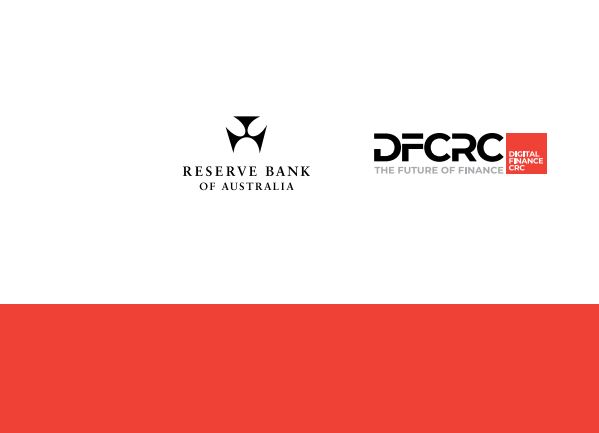Australians are already testing a CBDC. Surprising no one, considering the authoritarian way that the government handled the lockdowns. The jury is still out on Central Bank Digital Currencies, while some authorities see them as problematic and prone to abuse, others are running a pilot program. The Reserve Bank of Australia, the country’s Central Bank, worked with the Digital Finance Cooperative Research Centre to produce this whitepaper detailing the whole project.
In it, we learn that “the pilot CBDC will be called the eAUD” and that “the eAUD will be a liability of the RBA and denominated in Australian dollars.” The Australian Central Bank admits that it has been working on the issue “over the past few years” and, with this pilot program, they aim to determine whether or not a Central Bank Digital Currency is right for Australia.
The Reserve Bank of Australia also confirmed something everyone suspected but no one knew for sure. That is:
“Central banks globally are actively exploring the potential role, benefits, risks, and other implications of CBDC. This has involved the publication of discussion papers, public consultations, and the development of proofs of concept and CBDC pilots involving real financial transactions.”
It’s confirmed, governments everywhere are testing surveillance coins.
Everything We Know About The Australian CBDC
First of all, the pilot project is already running and it will continue for half of the next year:
“The project commenced in July 2022 and is expected to be completed around the middle of 2023. The project intends to test a general-purpose pilot CBDC issued as a liability of the RBA for use in real-world, pilot implementations of services offered by Australian industry participants.”
The Australian Central Bank is trying to find answers to these three questions:
- “What, if any, are the emerging business models and use cases that a CBDC would support, that are not effectively supported by existing payments and settlement infrastructures in Australia?”
- “What might be the potential economic benefits of issuing a CBDC in Australia?”
- “What operational, technology, policy and regulatory issues might need to be addressed in the operation of a CBDC in Australia?”
It’s important also to notice that the Central Bank Digital Currency “pilot project has a domestic focus in terms of participants and use cases.”

ETH price chart for 09/27/2022 on OkCoin | Source: ETH/USD on TradingView.com
The CBDC Pilot Project Runs Over Ethereum
Add a new use case to Ethereum’s CV. The extremely centralized Australia CBDC pilot leveraged its technology to have a working model with no extra cost.
“The DFCRC will develop and install the eAUD platform as a private, permissioned Ethereum (Quorum) implementation. The eAUD ledger will operate as a centralised platform, under the management and oversight of the RBA.”
However, there’s no guarantee that the Reserve Bank of Australia will continue using the platform if the Central Bank Digital Currency project takes off. The Central Bank only used Ethereum because it was convenient.
“The project is not evaluating the technology most suited to operating a CBDC. The CBDC pilot platform to be implemented is designed to be adequate for the use cases selected but is not intended to reflect the kind of technology that might be used to implement a CBDC, if a decision was ever made to do so.”
To finish this off, it’s worth remembering the words of Matthew Mezinskis. The founder of Porkopolis Economics told the Oslo Freedom Forum a few months ago:
“They like to be there to protect the bankers. So they know that if you drain deposits from the banks, and it only goes into a central bank’s CBDC currency, it can’t get loaned upon, it can’t get lent out. Then that’s a problem for the banking system. So they’re trying to figure that out right now. The common solution is that there will be limits, maybe $1000 equivalent for every CBDC account. They’re trying to figure these things out.”
A pilot program seems like an adequate way to figure those things out.
Featured Image: RBA and DFCRC logos, screenshot from the .pdf| Charts by TradingView









